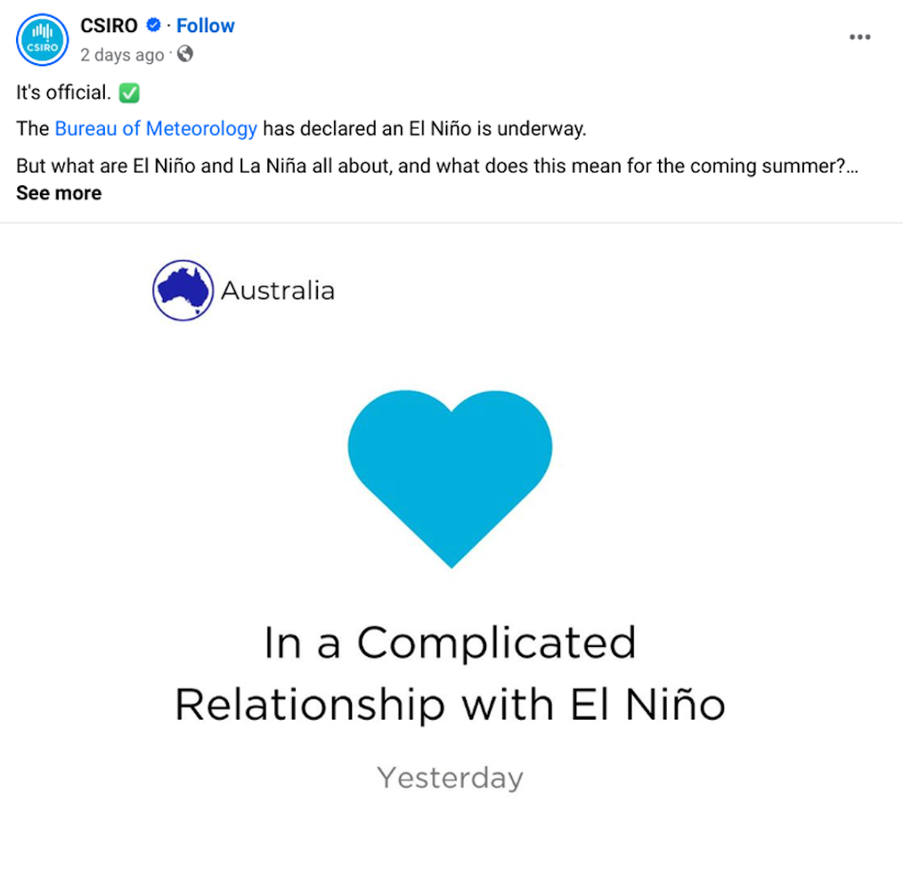
Why press releases are a waste of your comms team’s time

You may also like
One of my biggest bugbears is the amount of time and resources spent on press releases. (If we’ve met in person, you’ve probably heard me talk about this!) Too many mornings, I am faced with an inbox that’s full to the brim with press releases, which then sit unread and piling up until they’re deleted. I feel a little guilty admitting that, but I know I’m not alone in this.
This frustration isn’t just felt by the editors, journalists and broadcasters receiving them. I’ve lost count of the number of conversations I’ve had with communicators who spend an inordinate amount of time getting their press releases approved – with too often very little impact in return.
One communicator told me that they spent three full workdays getting a press release through internal approvals. Another said that, in the past year, only one of the dozens of press releases they had prepared were approved. They were expected just to keep producing them, never sure which ones would get the final tick. How demotivating – and what a waste of a talented team of communicators.
- Show your research impact: a guide for academics and researchers
- Maximise your research impact with these seven LinkedIn tips
- Get the word out: four ways to communicate with non-academic audiences
I get it – complex organisations can have complex processes. But what about the opportunity cost? Ask any journalist and they will tell you that they ignore most press releases. So why are they the staple of every communications plan? Why isn’t anyone pushing back?
Let me segue to the third-greatest movie of all time (after Terminator 2: Judgment Day and The Godfather): The Lord of the Rings. At the start of the film, Galadriel the elf shares the provenance of The One Ring and its mysteries: “History became legend; legend became myth.”
That’s what the press release industrial complex is about. It’s so ingrained in communications that we just accept it as the basic requirement of every communications plan. Tick! We’ve produced a press release. Tick! We’ve followed up with the journalists, who have probably already binned them.
Most universities will track their press release output as part of their overall communications metrics. But have we considered whether press releases correlate with more impact, whether it’s more media coverage for your research and impact, better awareness of your university’s brand and areas of expertise or a better relationship with journalists? Are we measuring the right things?
Instead of doing the same old, same old, why not run an experiment? Have you ever measured the value of not doing some or even all of those press releases? What if you invested that money and time into other communications methods, such as original content or social media posts?
Often, when I suggest this, I get a lot of shock and pushback that feels almost automatic, as if I’m attacking a sacred cow. In a way, I am – so much of the argument in favour of the press release is based on the myth that it must be a necessary staple.
My favourite argument is that the scientists will be upset because they like press releases. Is this true? I think they’d prefer an approach that led to more funding.
What if, instead of spending time on the same old, the focus were on creating modern, eye-grabbing content that established you as a leader in that field?
A website that’s compelling to read will become a destination point for your area of expertise – and will make the press release irrelevant. Journalists are always hunting for stories, so if your website is the go-to place for that topic, you have a much greater opportunity to attract media attention. You can always get in touch with a direct email when something groundbreaking happens.
There are plenty of ways to promote your stories. Journalists are all over social media – try something creative, as Australia’s CSIRO did, to stand out.


Social media gives you a perfect opportunity to see what others are doing and to experiment with your own approach. You could explore a new strategy for engaging a different audience, invest in a new platform or partner with an influencer. You could experiment with different types of content, such as short-form videos, Q&As with staff, competitions and memes – or try something unexpected, like Duolinguo’s famous owl.
There are endless ways to reach the public. So ditch the press release and spend your time (and money) on something more effective.
Kylie Ahern is publisher of The Brilliant and CEO of STEM Matters.
This is an edited version of the post “Stop producing press releases, they are a waste of time”, which was published on LinkedIn on 29 October 2023.
If you would like advice and insight from academics and university staff delivered direct to your inbox each week, sign up for the Campus newsletter.


